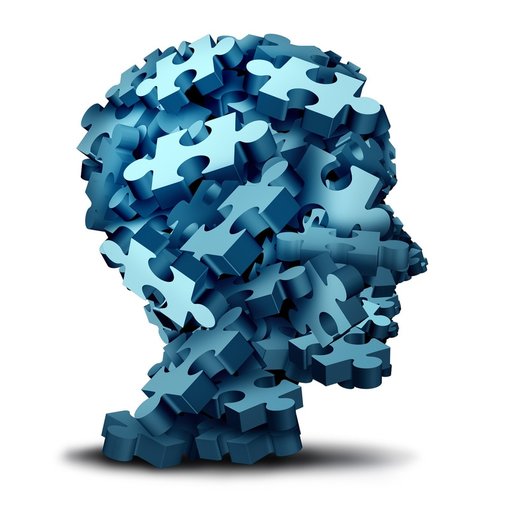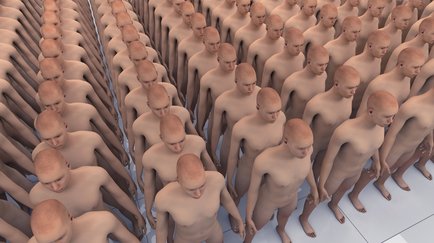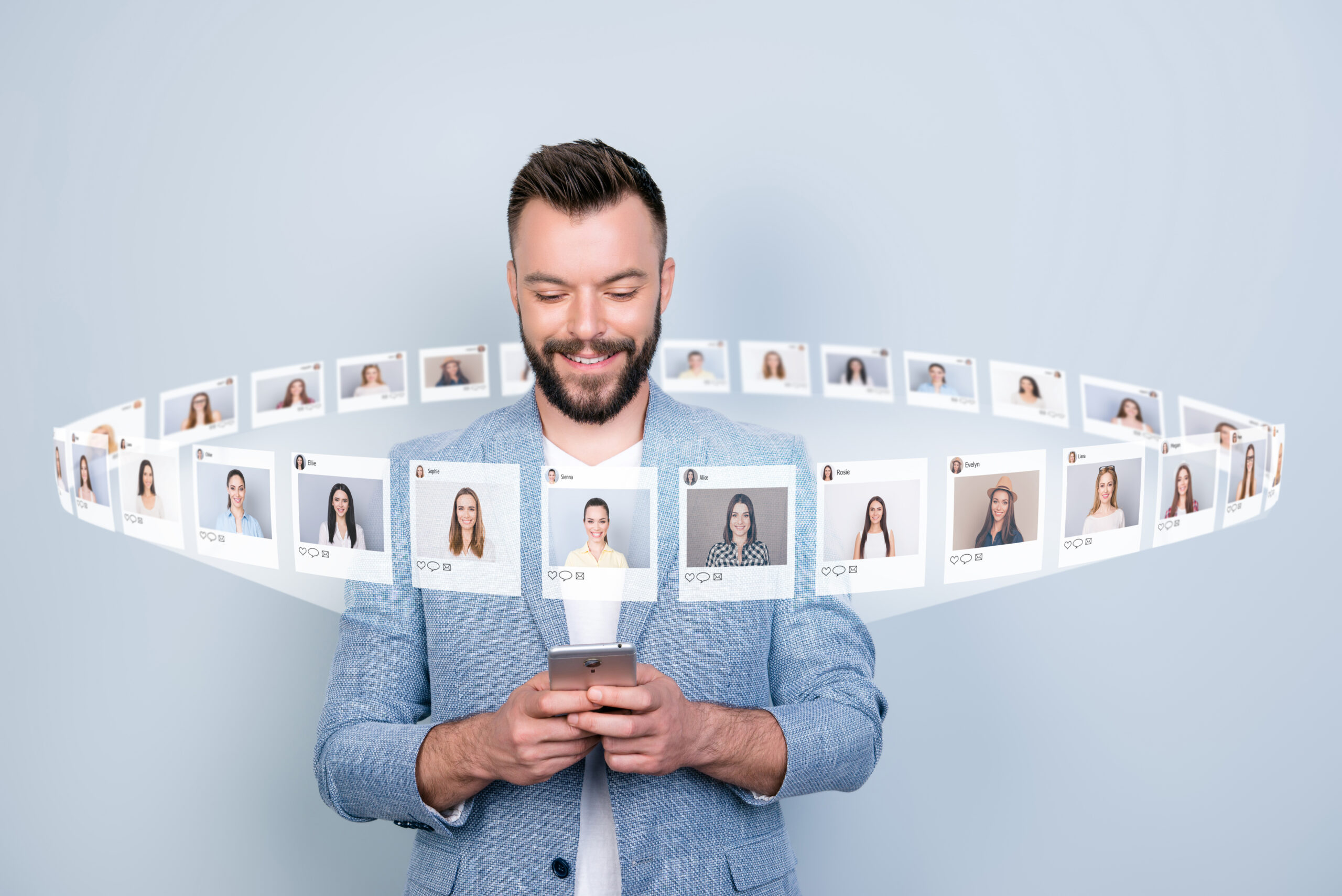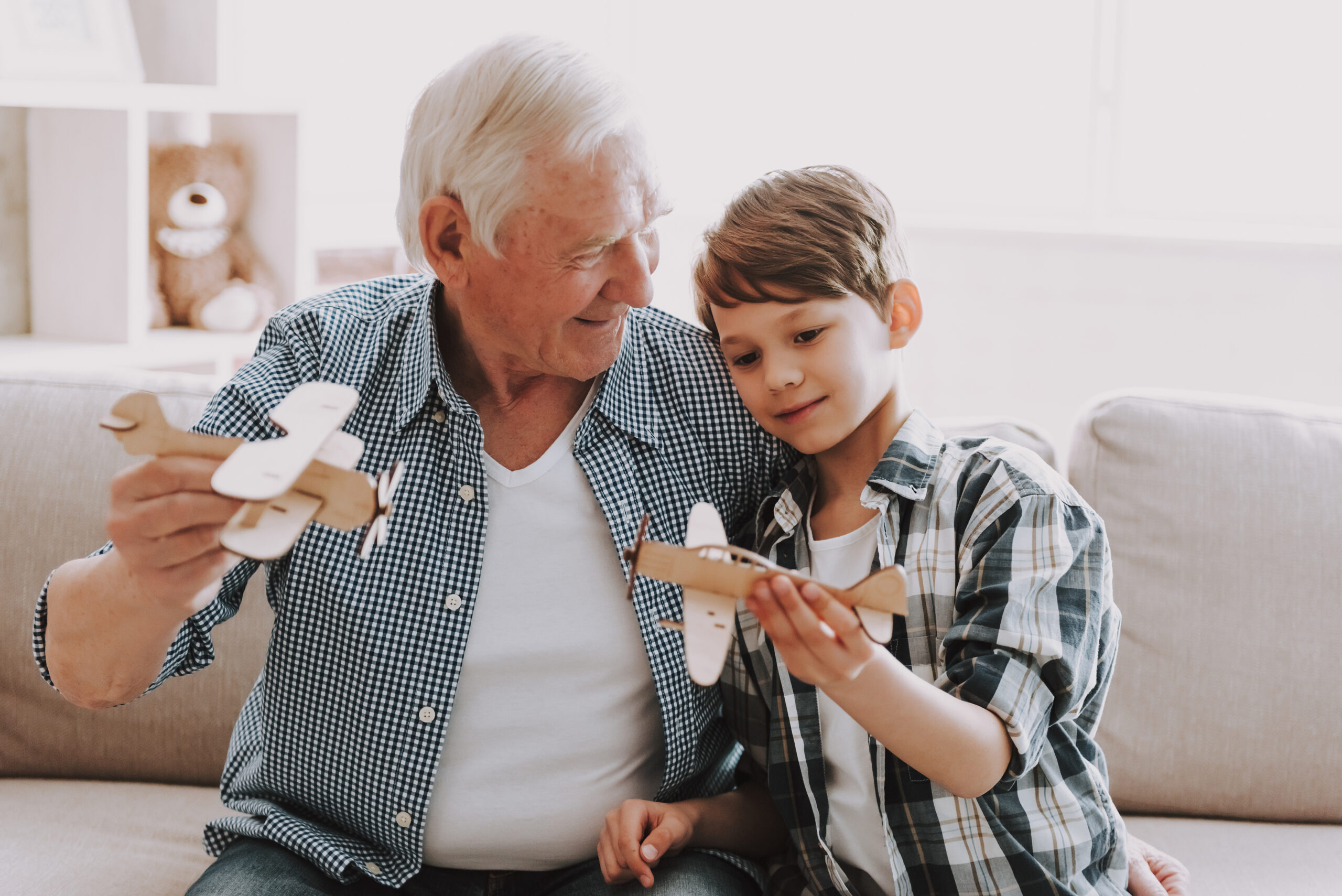You know how sometimes you’ll see someone’s face and feel like you know their story? You know how you’ll see one action, and think you know everything about a man? You know how sometimes you just get a vibe from someone and you know immediately how you feel about them?
Yeah, stop all of that. Those conclusions you’re making are insufficient, oversimplified, and incredibly, amazingly wrong. They are the mayors of Wrongsville and it’s time to stop reelecting them and to change the name of your stupid town.
When we let these immediate, surface-level conclusions dictate how we feel, we don’t make friends, we whine about how assholes and fuckwits treat us, and we feel, ultimately like we just don’t “get” people.
So how do we prevent this? How do we gain the deeper understanding we need to live better social lives, and to connect to the world? One key, I believe, may start with understanding privilege more.
Please don’t leave! Stop exiting out of this page! Please! I swear this won’t be completely insufferable!
Okay. Do I have you? Are you sticking around? Okay, thank you.
I promise this won’t be what you’re expecting it to be. For you see, understanding privilege is about more than white men putting clothespins on their nipples and screaming “TELL ME HOW GOOD I HAVE IT!” to gay black trans Muslim women.
Don’t get me wrong: it’s partly about that. It’s partly about examining how, as a rule of thumb, the more white and penis-having you are, the better off you are in some specific ways, and focusing on what we can do as a society to level that playing field. That’s fine and often justified.
But the other benefit is this: To understand human privilege (in all its forms) is to understand human problems. To understand human problems is–in large part–to understand humans.
When you make a concerted effort to understand people on a deeper level, you suddenly develop real connections with people, and you solve real problems. You relate to people more effectively, weave your way through the social battlefield more deftly, and even deal with assholes without having to go home and scream into a pillow.
Some of us can already understand certain behaviors pretty well when we view them through privileges relating to gender, gender identity, sexuality, and race.
“Oh I get it. That white lady thinks she deserves special protection because she’s kind of always gotten it.”
“That gay dude can’t kiss his boyfriend because random strangers still feel weird about it.”
“That asshole white dude keeps posting his stupid self-help blog because he’s always been led to believe people want to hear what he has to say.”
But here’s the problem: While certainly relevant, things like gender, race and sexuality are teeny tiny parts of the human puzzle.
There are a hell of a lot more privileges out there that can drastically impact one’s life, and therefore the person one becomes, and we routinely ignore them. I’m talking about things like:
Hot privilege
Non-abusive parents privilege
Not being an idiot privilege
Idiot privilege
First world privilege
Living grandparents privilege
Living grandparents who don’t suck privilege
Small one million dollar loan from daddy privilege
Extrovert privilege
Introvert privilege
Not having a creepy vibe privilege
Talented speaker privilege
Not prone to over-analyzing privilege
Not having anxiety privilege
Not born a crack baby privilege
Charming privilege
Limited poo problems privilege
Good friends privilege
Not having a creepy father privilege
Not being blind privilege
Social intelligence privilege
Dog privilege
Not having depression privilege
Not having chronic pain privilege
Good Education privilege
B.O.-free privilege
Not having cancer privilege
Calm privilege
Being spoiled privilege
Not being spoiled privilege
Even all of these are a tiny fraction of all of the privileges (and therefore lack thereof) people can experience. When we seek to recognize all of these things about each other, we’re more able to understand:
“Oh, that guy has bad friends, and is therefore generally untrusting, and that’s why he accused me of trying to eat his hard-boiled eggs.”
“She has always had everything handed to her, and that’s why she threw a tantrum when the office didn’t go to Yardhouse for lunch.”
“Of course he’s grumpy. He looks like he was hit with a shovel. He doesn’t have passable face privilege, and it impacts his behavior.”
When we fail to recognize these aspects of being a person, we judge more frivolously and are wrong more aggressively about people. So we make more friends who turn out to suck, ignore more people who turn out to rule, and fail to understand behavior and progress in relationships.
If we can instead start to understand more of people’s advantages and disadvantages, we can form better relationships, manipulate idiots more effectively, and want to stab each other less often.
So how do we get better at understanding our differences? By first acknowledging that we’re all different.
The Myth of Sameness
There’s a popular notion that we’re all “basically the same.” You’ll hear some asshole say this in any bigger conversation about life: “You know, people are basically the same.” This is based on the idea that we pretty much all want love in our lives, to take care of those around us, and to live decently.
Those things are all true, but they’re also so vague that they’re essentially meaningless. Like you might as well say, “Well you know, people, we’re all the same. After all, we all have skin, and–well I guess we don’t all have teeth. But we do all have gums…and livers. And so yeah. People–we’re all the same because we all have skin, gums, and livers.”
The fact of the matter is that we all have hundreds or even thousands of experiences a day that are completely unique to us, and each one shapes who we are a tiny little bit. Every job you apply for and don’t get it, every picture of a puppy you see, and every date where the guy stares at your cleavage and refers to you as a “cool chica” has some impact on who you are. This means that the longer you live, the more unique your experience as a person is.
To compound our differences, we all have different brains that react to each situation differently, which causes more unique experiences, which causes more unique reactions, which causes more unique experiences, and the cycle goes on and on forever and ever.
The end result of this is that we are incredibly different from each other. A lot of us might as well be different species. It can certainly feel like we are at times, anyway. There are fish people, lizard people, polar bear people, and fruit fly people. This is why one person’s trauma is another person’s orgasm. One person’s insult is another person’s joke. One person’s favorite meal is another person’s Boston Market.
We’re way more diverse inside than we are outside, and when we fail to realize this, we expect fish people to climb trees, we try speaking our lizard language to bears, and we assume Boston Market is an acceptable meal to present a koala.
So What Do We Do?
So how do we prevent this? How do we come to understand people on a deeper level? How do we see people beyond their immediate reactions and phrases? How do we discover what a person’s privileges and disadvantages are?
I have a solution, but I don’t know if you’re ready to have your mind this blown.
Are you ready? Okay, if you say so.
Ask people about themselves. That’s it. That’s the revolution. Ask, listen, and think. Consider peoples’ past, avoid judgment, and always seek to learn more.
This goes beyond listening. This goes to seeking to understand more of a person’s reality–their origin story. This is why we watch Batman movies and don’t think, “Dude Batman, you’ve got to chill.” Instead we’re like, “Well the dude watched his parents get murdered. I guess I’d have issues too.”
This also helps you to understand assholes, idiots, and liars better. Understanding on a deeper level why your ex cheated, or your mom was a human helicopter, or your friend ghosted you through the lens of their disadvantages allows you to acknowledge, “Oh my ex had shitty parents, my mom has severe anxiety problems, and my friend is kind of a spoiled twat.”
It doesn’t cause you to suddenly enjoy shitty behavior, but it can bring you peace with it.
Understanding people better is basically only awesome for you. It’ll help you in about eighty percent of professions and a hundred percent of your relationships—from your marriage, to you and your boss, to your neighbor who growls at you and says something in Russian every time you check the mail at the same time.
So seek to learn peoples’ origin stories. Try to understand why they are the way they are. Dig into their series of privileges and disadvantages. Figure out how people have been shaped.
Figure out what kind of animal you’re dealing with so that you know what to feed them, how to speak to them, and whether or not they’re going to throw their feces at you.











jdfh